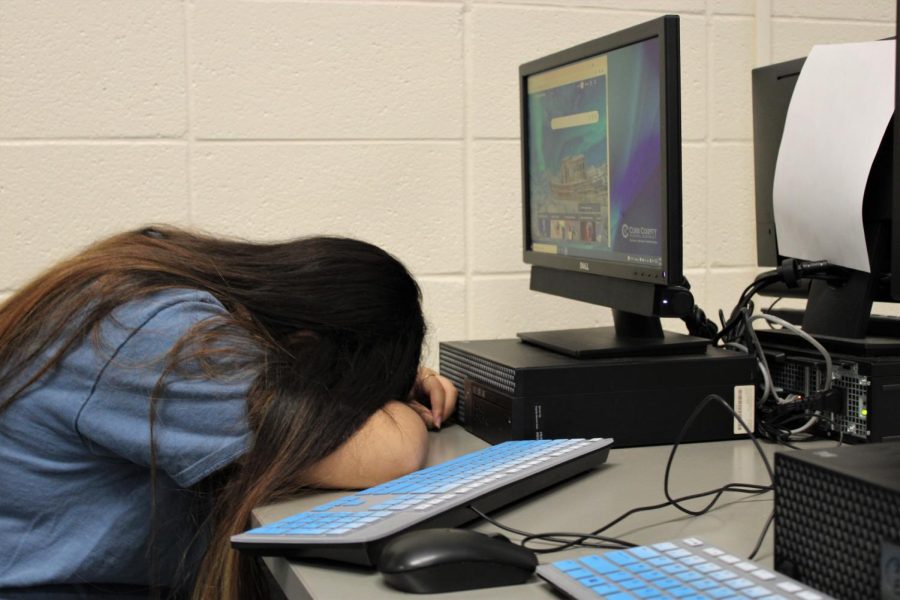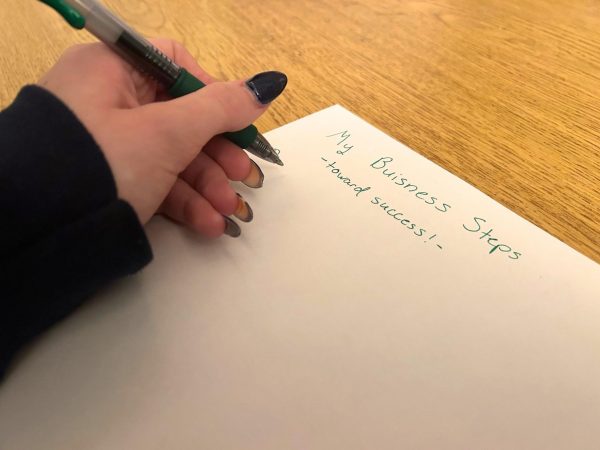How to prepare for school after break
Falling asleep at desks in the middle of classwork becomes normal through the first couple of weeks of coming back to school. Teenagers need a full 8-10 hours of sleep to fulfill their rest for the day. Little to no sleep brews bad mental health, which can cause extra stress for students.
January 18, 2022
Returning to school after a holiday break creates a difficult challenge for numerous students. The majority of students become stressed and overwhelmed with the panic of adjusting to a school agenda after weeks of freedom. Students not used to staying at school for extended periods of time struggle with keeping focus. Winter and summer break contain the longest break times, so these exist as the hardest periods to recover from. As NC students return to classes, following these steps could prepare them for a successful semester. To make returning to school less of a burden, students can do minor tasks in advance to prepare themselves.
Starting each day with a good morning routine will help students feel more satisfied in the mornings before school. Eating a nutritious breakfast exists as an important step every morning. It helps create a positive attitude and mindset and does not leave one hungry later in the day. Breakfast improves focus and energy levels, two important things when relating to school.
Fixing sleep schedules gradually in the weeks before coming back to school will help tremendously. Turning off electronics before sleeping helps students fall asleep faster, and sleep longer. Sleep provides energy and prepares people for a good day. Sleeping earlier and waking up at a set time will train the mind and body to create a good sleep cycle for school.
“I accidentally stay up on my phone or watch TV all night,” NC freshman Amber Gordon said.
Training minds in preparation to come back to school will also help. For example, reading, painting, drawing, and doing puzzles prove to be good challenges for improving focus. Brain activity will help to not feel lazy and bored upon school return.
“It’s difficult to just sit at a desk and focus after such a long break,” NC freshman Kaydence Malcom said.
The adjustment from the freedom of break to strict schedules and difficult classwork proves challenging for most students. Having set goals and creating a routine prior to returning to school will make school schedules easier. Goals will help set a gaze on what needs to become accomplished. Creating a specific routine will help students stay organized and on top of their work. This routine will help students maintain a sense of normality and purpose when arriving at school.
“Don’t procrastinate and push yourself to do things even if you don’t want to do them,” Gordon said.
After returning to school, staying on top of work and showing up on time aids in sticking to a schedule. Most students returning to school feel the same, so working together to complete work and adjust to a new normal can set students up for a great semester.

















